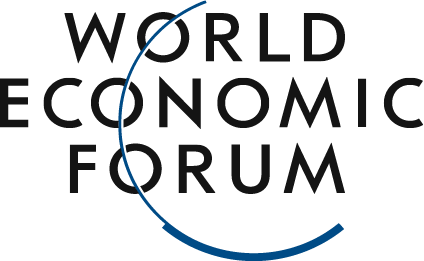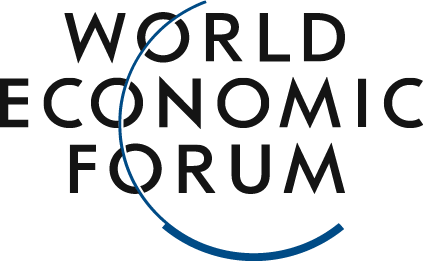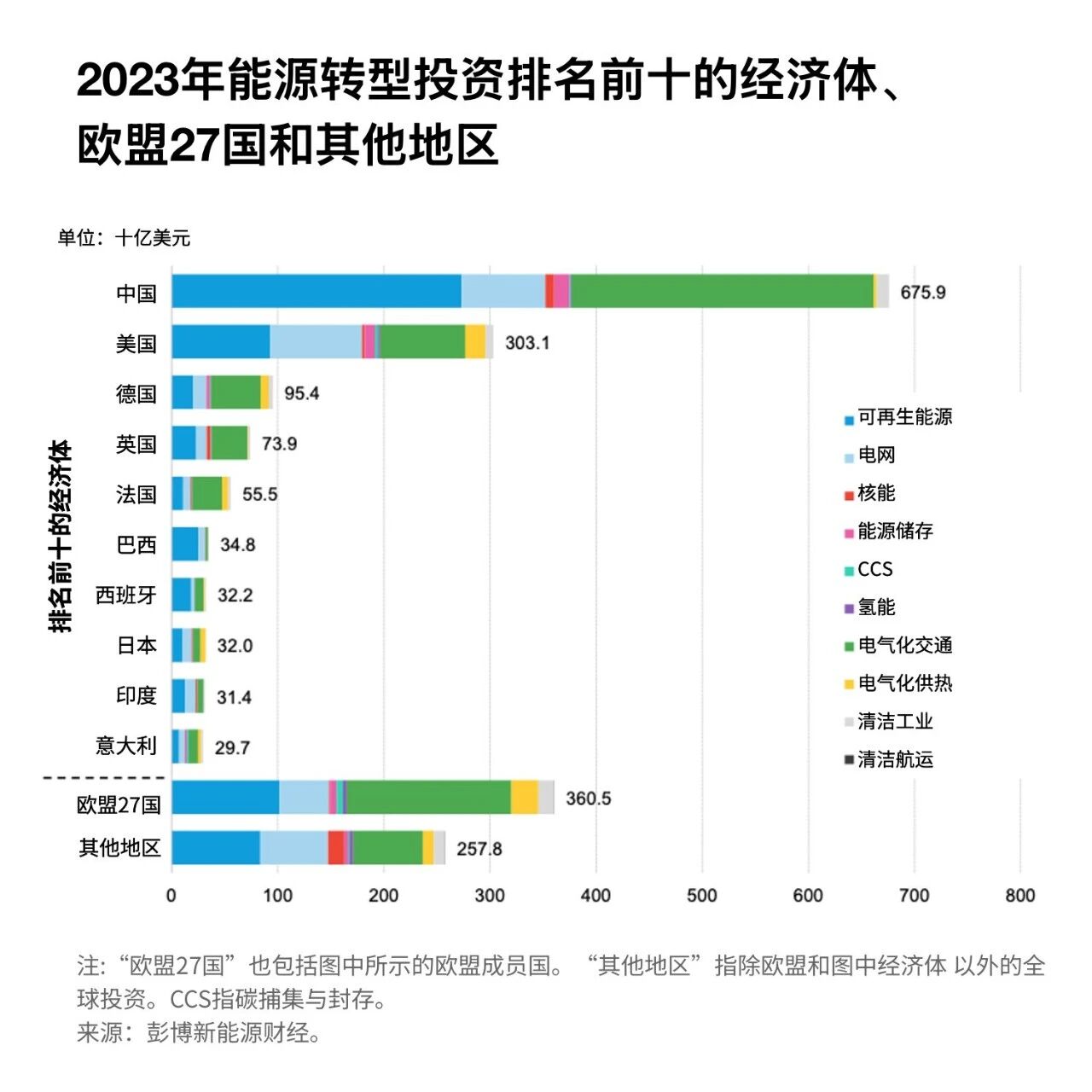

Will quantum computing soon play a role in the future of the rule of law?
Image source:Tingey Injury Law Firm/Unsplash
Jake Okechukwu Effoduh
Assistant Professor at the Faculty of Law, Toronto Metropolitan University
Quantum computing could fundamentally transform how we understand and achieve "justice."
However, legal professionals must ensure that these tools promote substantive justice—not just streamline existing processes.
The question isn’t whether quantum computing will impact the justice system—but rather how we’ll shape it to serve the highest ideals of fairness and justice.
As quantum computing gradually moves toward practical applications, its transformative impactPower is no longer limited to physics and cryptography.It could fundamentally shake our understanding and practice of justice.The legal system will beQuantum EconomyExperiencing a paradigm shift.
The Intersection of Quantum Mechanics and Legal Reasoning
To understand the revolutionary potential of quantum computing in the legal field,We must begin by discussing its fundamental differences from the traditional computing paradigm.Traditional computers process information using binary bits: each bit represents either a 0 or a 1.As is commonly seen in legal judgments—binary decisions like "guilty/not guilty" or "admitted/not admitted."In contrast, quantum computers leverageOperating with "qubits" in superposition and entangled states.
Superposition enables quantum bitsA probability state that can simultaneously be in both 0 and 1, similar toConsidering all possible interpretations simultaneously in legal mattersEntangled stateA deeper connection has been established between the qubits.Mutual relationships that enable computing power to grow exponentially.For many legal systems facing challenges in achieving judicial fairness, this computational power could address the issues identified by Jonathan Zittrain.Point outThe issue: Certain judicial systemsThey are currently grappling with a fundamental lack of scalability, driven by their inability to address challenges at the same pace and scale as today's rapid technological advancements.
Transforming Legal Research and Knowledge Management
Legal practice remains, to a large extent, still about"Information Acquisition and Application" ActivityIn Canada, there are more than 400,000 civil cases each year.In the U.S. alone, federal courtsMore than 350,000 new cases are handled each year.The issue lies not only in the quantity but also in the complexity of the law itself.Legal theories around the world continuously evolve through intricate networks of citations and interpretations. Therefore,Leveraging quantum computing-enhanced natural language processing, it is expected to achieve breakthroughs through algorithms specifically designed for quantum advantage.Change this situation. GroverAlgorithm(A quantum method,It can significantly speed up search operations in unsorted data, requiring approximately the square root of the total number of data items to find an answer.)It can provide quadratic-level acceleration when searching unstructured databases.,This enables the legal search engine to process vast databases far faster than traditional AI, while also identifying conceptual connections that span across different areas of law.
However, this also raises profound questions about the interpretation of the law itself. Quantum-powered tools can identify patterns in jurisprudence that were previously undetectable, fundamentally altering the way we approach and adhere to legal principles.PrecedentThe legal principles involved? In an era of quantum-enhanced judicial decision-making, competing theories of judicial reasoning—such asLegal Formalism and Legal RealismHow will it be reconciled?
Procedural Justice and Quantum Optimization
Judicial injustice remains one of the world's unresolved crises.In India,More than 47 million cases remain unresolved.Meanwhile, even a resource-rich country like Canada,It has also been criticized for violating the defendant's rights due to the delayed trial.For exampleR v. Jordan CaseSame.Quantum computing may offer a glimmer of hope through optimization algorithms specifically designed to tackle complex scheduling problems.
For example, court case management involves thousands of interacting variables—such as judge availability, case complexity, attorney schedules, witness constraints, courtroom resources, and more—all of which can influence the optimal scheduling outcome. That’s why several quantum-inspired algorithms, likeQuantum Approximate Optimization Algorithm, court scheduling can be completely transformed by simultaneously considering the interplay of these variables,Comprehensively optimize schedulingThis can be addressed by privacy law expert Avner Levin.BelieveIssues critical to public trust:Efficient and fair legal proceedings
However, we must ask: Does program efficiency fundamentally address the issue?The Goal of Transformative JusticeWill the court of quantum optimization perpetuate the existing power imbalance?Legal professionals must ensure that these tools promote substantive justice, rather than merely speeding up existing processes.
Quantum Prediction: Opportunity or Threat?
Perhaps the most transformative (and also the most controversial) application lies in predicting legal outcomes.TraditionMachine learning models inPredicting case verdictsOn the one handAchieve certain resultsHowever, quantum machine learning algorithms can analyze incredibly complex patterns and mayAchieve higher accuracy in fields such as tax law, bankruptcy law, and investment arbitration.These abilities may directlyAssociated withBehavioral legal realism (which posits that judicial decisions reflect not only legal principles but also the complex workings of human psychology).
Quantum algorithmSkilled in simulating multidimensional probability modelsTherefore, improving the accuracy of legal predictions can facilitate earlier settlements and reduce litigation costs.Thus making judicial resources more accessible to the general public.However, this application of judicial prediction also raises several concerning issues, such as algorithmic bias, lack of transparency, over-reliance on data-driven outcomes, disruptions to the fairness and accountability of judicial decision-making, and even questions about the independence of the judiciary.
For example, in France,Article 33 of the Judicial Reform LawJustPublicly predicting or analyzing judicial rulings is explicitly prohibited to prevent undermining the rigor and fairness of the justice system.In Sweden,A regression modelUsed forPredicting criminal sentencing based on "whether or not a lawyer is involved" and "type of crime.", even making a perfectly accurate prediction about the 2021 court ruling.This poses a fundamental challenge to the evidentiary foundation of judicial rulings and the role of judges.
So, if quantum algorithms can predict judicial rulings with high precision, does that mean—Is the "principle-based rational reasoning" proclaimed by law really just pattern recognition?
ExceptBeyond the technical hurdles, there are also critical challenges.
Despite the bright outlook,Quantum computing still faces numerous practical challenges.Currently, the quantum system operates with a limited number of qubits.High error rates and other critical technological bottlenecksEven likeIBMAndGoogleThe company continues to make progress, but it may still take several years before true quantum computing becomes a reality.
More importantly, if left unaddressed,Quantum legal technology could widen the justice gap, potentially creating a phenomenon akin to "quantum privilege," much like the global "AI divide" we're already witnessing today.Legal tech innovation is severely underpinned in terms of accessibility across the Global South.
Additionally,Similar to AI,Quantum algorithms may produce results by fundamentally defying processes that are comprehensible to human understanding, thereby giving rise to what is known asJudicial ambiguity and fragmentationThe issue
The Necessity of Quantum-Law Literacy and Preparedness
Transforming the legal system through quantum computing is not just a technical challenge—it’s also a profound issue of jurisprudence. Legal professionals must cultivate quantum literacy—not to become physicists,Consciously integrating these technologies into the design of the legal system, just like they are at Stanford Law SchoolLegal Design LabAs has been done. Law schools must integrate critical computational thinking into legal education, while the Bar Association may need to establish quantum competency standards.To ensure accountability is effectively implementedAdditionally, establishing a "Quantum Sandbox"Designed for testing technology applications, it can help organizations build collective knowledge.
The evaluation of quantum innovation should not only focus on efficiency gains but, more importantly, on how it expands human capabilities and autonomy. Without critical preparedness and careful governance, quantum technology could exacerbate existing power imbalances. Therefore,The real problem isn'tIt's not about whether quantum computing will impact the justice system,How will we shape it to serve the highest ideals of justice?

The above content solely represents the author's personal views.This article is translated from the World Economic Forum's Agenda blog; the Chinese version is for reference purposes only.Feel free to share this in your WeChat Moments; please leave a comment at the end of the article or on our official account if you’d like to republish.
Editor: Wan Ruxin
The World Economic Forum is an independent and neutral platform dedicated to bringing together diverse perspectives to discuss critical global, regional, and industry-specific issues.
Follow us on Weibo, WeChat Video Accounts, Douyin, and Xiaohongshu!
"World Economic Forum"


